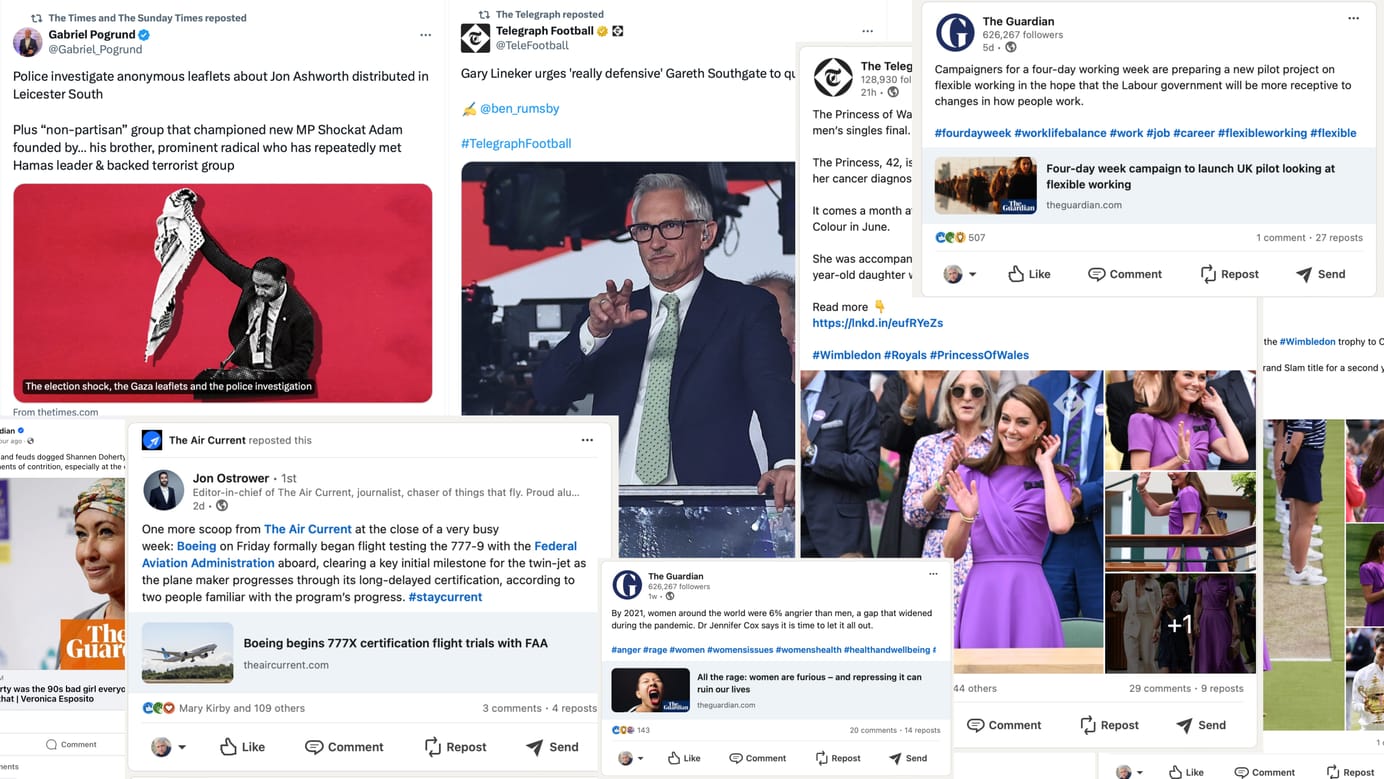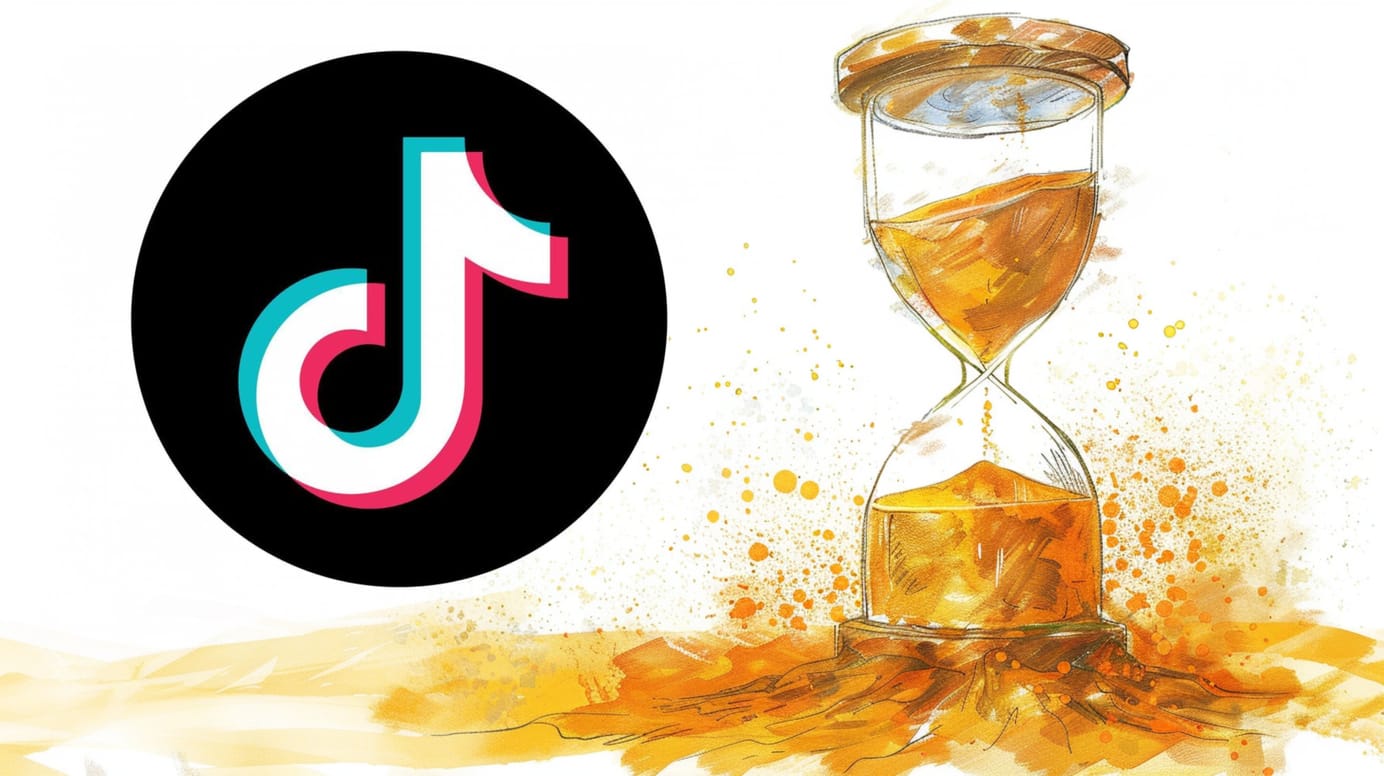
Why political posts on Facebook will always be polarizing.
The very nature of Facebook makes in antithetical to political debate.
While I was running my SEO course yesterday I had a sudden revelation about Facebook. I was touching on different headlining approaches for search and social, when a couple of thoughts crashed together in my head, and I realised why posting political pieces to Facebook is so damn problematic.
The vast majority of people are principally on Facebook to interact with friends and family. It's easy for journalists to forget that, as we've been so trained to see the service as a traffic source. Other people, when they're browsing Facebook are in an emotional frame of mind, rather than an intellectual one. They're not seeking debate, they're seeking reinforced social connection with their loved ones.
Thus, anything which goes against their existing political beliefs doesn't trigger a desire to debate and engage with the ideas - it triggers a defensive, hostile reaction. You've emphasized a difference between you and a friend rather strengthening the common bonds.
Algorithms and humans, building filter bubble together
This, of course, is why the algorithm works so hard to remove dissenting views from the feed. It creates an unpleasant, uncomfortable atmosphere, which makes you less likely to use Facebook. Between that, and a tendency to remove people who don't match exactly with our political views from our Friends list, creates the political filter bubble that's so damaging to our societies, by stoking polarization.
This is another symptom of Facebook's damaging over-reach in trying to make itself central to our communication and information consumption life. Something that comes to us via a website, a newspaper, or even a blog, is somehow less personal, less emotional. By its very nature, Facebook inserts the political into the emotional and social, and heightens people's reactions to an ideal, a stance or an event.
The very nature of Facebook makes it antithetical to useful political debate, and prone to developing politically self-reinforcing cliques.
This is not a profound realization — I know that — but it has clarified for me why some friends and I are finding Facebook so hard right now. There's a huge need to talk about politics right now - but Facebook is not the place to do it.
Sign up for e-mail updates
Join the newsletter to receive the latest posts in your inbox.










